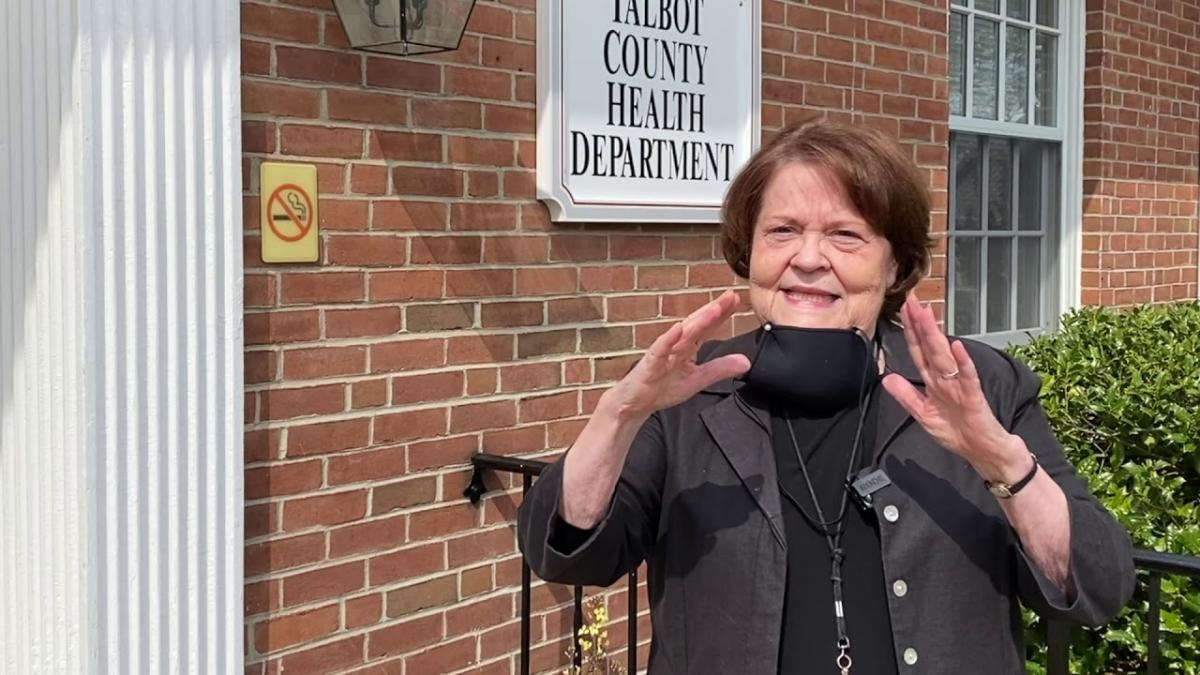County Manager Andrew Hollis is stepping down at year’s end to return to the nonprofit sector and the county council has named Clay Stamp as his replacement.
The Talbot County Council announced the news in a Thursday morning press release.

Andy Hollis
Hollis has served a total of 17 years as county manager — from 1999 to 2010 and again from Dec. 15, 2014, until he leaves the post on Dec. 31, 2020.
He served as an elected member of the county council during the gap in his tenure as county manager, including one year as vice president. During that time, he also worked as assistant chief operating officer for Delmarva Community Services from 2010-12 and as executive director of Londonderry Retirement Community from 2012-14.
Hollis was the county’s assistant planning officer from 1985-89 and St. Michaels town manager from 1991-99.
“Andy’s efforts have made our job all the easier, and his counsel has been greatly appreciated,” Council President Corey W. Pack said in a statement. “He has gone above and beyond in fulfillment of his duties. The council wishes him all the best as he closes this chapter in county government and enters the nonprofit sector.”
“It has been my greatest honor and privilege to serve the citizens of Talbot County,” Hollis said in a statement to The Talbot Spy. “I consider the county incredibly fortunate to have someone of Clay Stamp’s caliber step into the position. In addition the county’s department heads are well equipped to carry on and second to none in dedication to our citizens and their needs.”

Clay Stamp
Stamp, who currently serves as the county’s emergency services director and assistant county manager, will be county manager effective Jan. 1. He previously has served as county manager on an interim basis.
Stamp served 27 years as the emergency management director for Ocean City, Md., and has served in several senior level state positions in emergency management and homeland security.
“Clay’s demeanor, attitude, and approach to day-to-day operations will serve the council, the county, and its employees well,” Pack said. “He will assist the council as it deals with a variety of challenges in the years to come, in both the budgetary and legislative arenas.
“The budgetary responsibility of the county council is one of its most important functions. Clay has been a part of a number of previous budget processes, and that historical knowledge will be invaluable,” Pack said. “In general, Clay’s past service, as both county manager and director of emergency services/assistant county manager, will allow this council to continue moving forward with the job of doing the people’s business.”
“I am most appreciative of this opportunity given me by the county council,” Stamp said in a statement. “It is both a privilege and an honor to step back into the position of county manager to serve the citizens of Talbot County. This council is a group of dedicated, experienced, and enthusiastic individuals who work for the betterment of the county. I again appreciate the opportunity to be a part of it.”
Stamp also notes that the quality of the county’s department heads is second to none, and that it is a privilege to again work
with them in providing public service of the highest level.
“Andy Hollis has done a terrific job as county manager, and has set the bar high with his team’s many accomplishments,” Stamp said. “I look forward to working with Andy and the department heads in what I anticipate will be a very
smooth transition as the new county manager.”
Per the Talbot County Charter, the county manager is appointed on the basis of education and professional experience in executive and administrative affairs, and is the chief administrative officer of the county. Under the direction of the Council, the county manager directs and supervises the administration of all agencies of the county government, except as
otherwise provided by charter or by law.



